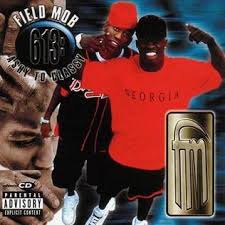Unpacking the Cultural Significance of Rap
From its origins in the late 1970s in the Bronx to becoming a global phenomenon, rap music has evolved significantly. Today, it serves not only as a form of entertainment but also as a robust platform for social commentaries, reflecting the complexities of contemporary life. Young artists are using rap to speak about issues that matter to them, be it systemic racism, mental health struggles, or economic hardship.
The Voices Behind the Beats
One artist leading this charge is Kamara Thompson, a Toronto-based rapper who uses her music to shed light on social injustices. “Rap is my voice and the voice of my community. When I talk about my experiences, I’m not just sharing my story; I’m highlighting the narratives of many who feel unheard,” she explains.
A Catalyst for Change
In recent years, the genre has gained traction in activism. The Black Lives Matter movement harnessed the power of rap, with artists like J. Cole and Kendrick Lamar providing a poignant commentary that resonated globally. Statistics show that streaming numbers for socially conscious rap tracks spiked by over 200% during major protests, illustrating how rap serves as an anthem for those demanding equality and justice.
Social Media and the Rap Revolution
The reach of rap has been significantly amplified through social media platforms. TikTok, Instagram, and Twitter have transformed how artists promote their music and engage with fans. Viral trends have encouraged many young people to explore socially aware themes through rap, allowing for a community of conscious artists to form and gain recognition. Online sentiment suggests that fans are increasingly valuing authenticity over commercial success, leading to a new era of independent rap artists.
The Future of Rap
Looking ahead, the evolution of rap seems poised to continue its intersection with activism. As societal issues persist, new voices are emerging, each armed with the power of rhythm and lyrics designed to spark change. The genre of rap remains fluid and adaptable, suggesting that its role in cultural dialogues will only grow stronger. Artists today are not just musicians; they are torchbearers for change, challenging listeners to reflect on their realities and encouraging action.
